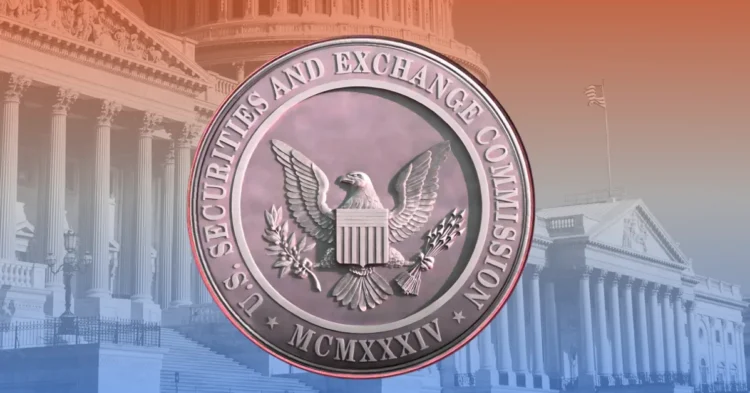In a recent episode of the Thinking Crypto podcast, Amanda Tuminelli, the Chief Legal Officer at the DeFi Education Fund, shared her insights on the Internal Revenue Service (IRS) and the Treasury’s recent rules concerning digital asset transactions. On December 27th, the IRS finalized a tax reporting rule for participants in the decentralized finance (DeFi) industry. However, this rule has sparked controversy due to its broad interpretation, which categorizes many entities as brokers under a statutory definition. Consequently, a lawsuit has been filed against the Blockchain Association and Tech Texas Blockchain Council in federal court to challenge this rule.
A Potential Pushback on IRS Rules?
The IRS’s broad definition of a broker includes anyone who facilitates the transfer of digital assets for monetary consideration on behalf of another person. However, the IRS argues that front-end services, which do not take custody of assets, merely assist users in completing transactions. According to the IRS, any service that facilitates a transaction, irrespective of the statutory definition, could be considered a broker.
Although the IRS’s rule is set to be implemented in 2025, it is designed to be forward-looking, with reporting obligations not starting until January 1, 2027. With the possibility of a pro-crypto administration, Tuminelli anticipates potential pushback or even a rollback of this rule. She highlights the Congressional Review Act as a tool Congress might employ to review and disapprove the rule, preventing it from taking effect before the set deadline.
Optimism Ahead with Political Shifts
Tuminelli also explores the potential impact of political changes, particularly with the upcoming election of pro-crypto President Donald Trump. His administration is expected to take the crypto industry more seriously. A significant development is the anticipated appointment of Paul Atkins to replace Gary Gensler as SEC Chair. Gensler has been known for his strict stance against cryptocurrencies, and Atkins’ leadership could signal a shift towards more favorable regulations.
There is optimism that the SEC, under new leadership, might focus on establishing fair rules, potentially reducing the need for piecemeal lawsuits and dropping some non-fraud cases. Tuminelli foresees possible favorable settlements or the creation of clearer regulatory guidelines for crypto businesses. Additionally, she expresses concerns about the Department of Justice’s (DOJ) approach toward developers, especially in cases involving Tornado Cash, emphasizing the dangers of imposing overly broad criminal liability on software developers whose tools might be misused by malicious actors.
Overall, Amanda remains cautiously optimistic about the potential for positive regulatory changes by 2025. She hopes for increased regulatory clarity and a decrease in litigation within the crypto industry. This optimism is fueled by the expectation of a more crypto-friendly administration, which could lead to significant improvements in the regulatory landscape.










